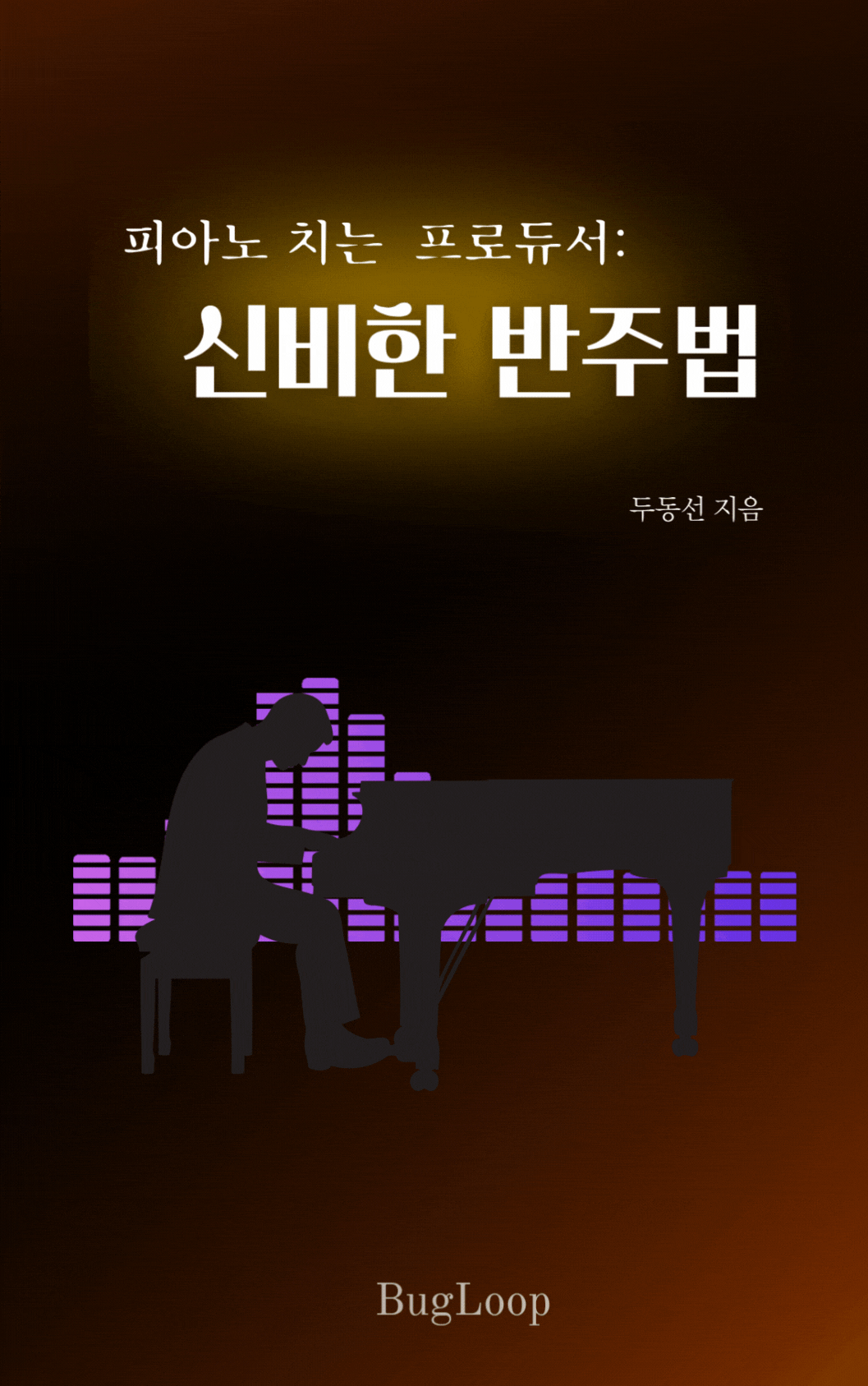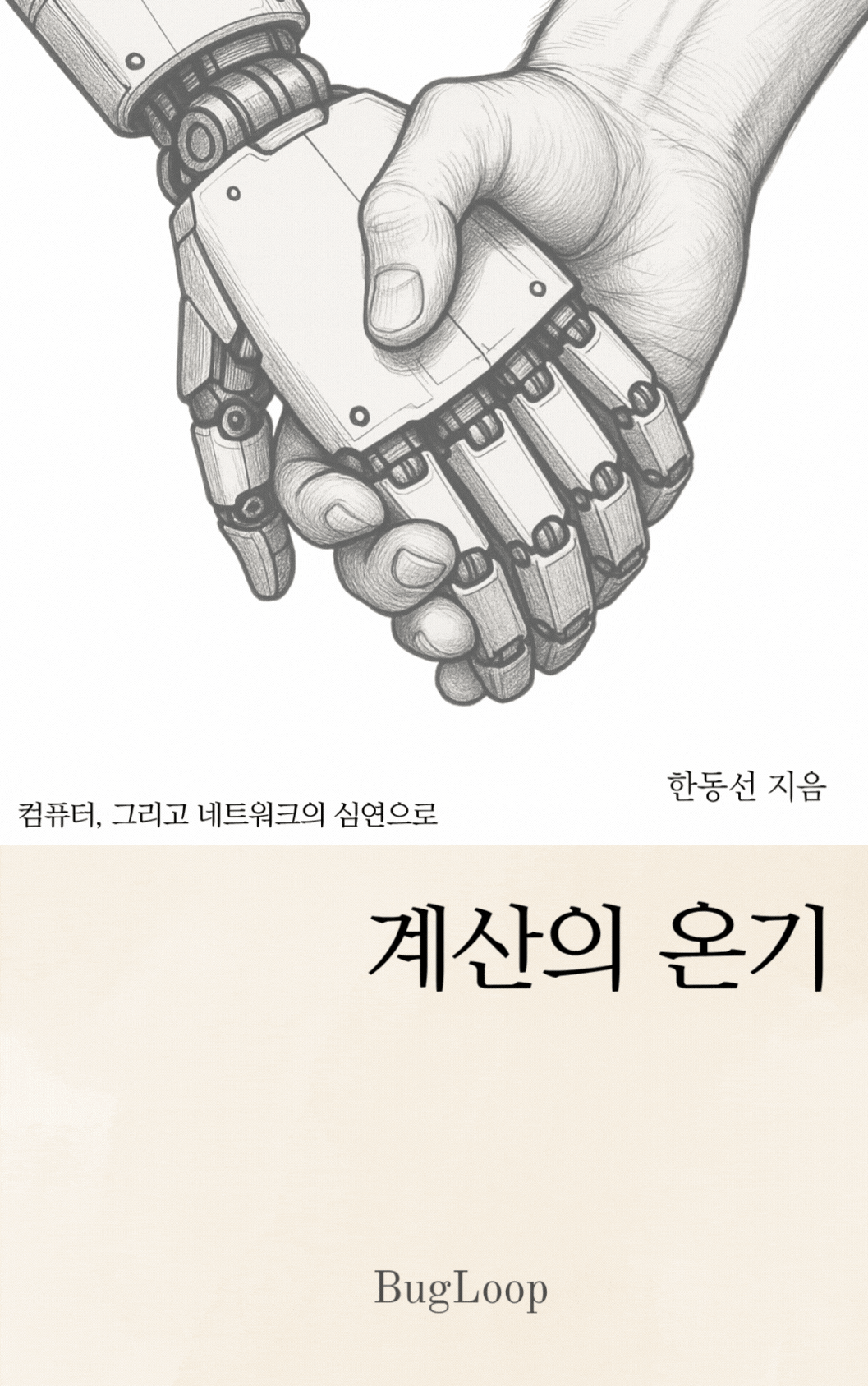Bug Loop — eBook-Focused Developer
When I was studying abroad in France, there was something I often did whenever exams were approaching. I would get anxious and start looking for extra materials outside of class, and at that time, what I became deeply immersed in was e-books. When I bought an e-book related to the exam and placed it on the bookshelf inside my reader app, it felt as though I had gained a solid ally in life. I liked that it wasn’t some source-less information floating around the internet but a piece of writing that someone had crafted alone in a quiet space, putting their own name on it. And there was something strangely comforting about feeling as though, inside that tiny device we call a phone, a network of relationships existed between me and many different individuals — some of whom felt particularly close to my inner world, while others felt a little distant. Some language and music books even made good use of features only e-books can offer, like audio examples embedded within the text. Seeing that made me dream, “Maybe one day I could write a piano accompaniment book like this.”
After returning to Korea, the reason my love for e-books resurfaced wasn’t a pleasant one. My mother, who has choroideremia — a rare hereditary retinal disease — but was expected to remain an asymptomatic carrier because she is a woman, had experienced rapid disease progression during the few years I was abroad. She developed metamorphopsia, making the world appear distorted and wavy. She used to borrow books from the library and read well, but now she told me she couldn’t read anymore because everything felt “dizzy.” As for me, although I am also visually impaired, I still have enough small, clear patches of vision left to read print, so I didn’t fully understand — until the moment I realized that books may not be accessible to everyone. With that realization came the idea to introduce my mother to audiobooks.
There are many reasons YouTube videos feel enjoyable, but one of them is that videos come with many built-in tools that make it easier for viewers to ‘structure’ the content internally. Cut edits, subtitles, sound effects, background music, comments — all of these drastically reduce the mental energy required to understand information. Books, on the other hand, can be difficult to follow unless the reader has ‘diligent imagination,’ shaped by similar experiences or by the desire to seek new ones.
Perhaps e-books can become a medium that carries the strengths of traditional books while also reaching people who, for various reasons, struggle to immerse themselves in printed text. It feels like there are unexplored possibilities unique to e-books, far beyond simply digitizing paper books. That is why I decided to explore the potential of e-books with more affection and curiosity than anyone else. This blog is the record of that journey.



